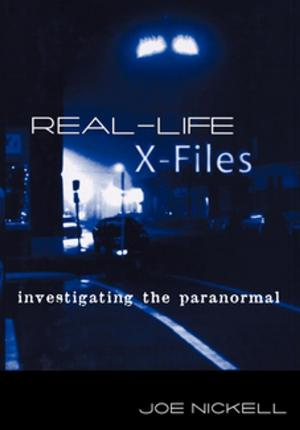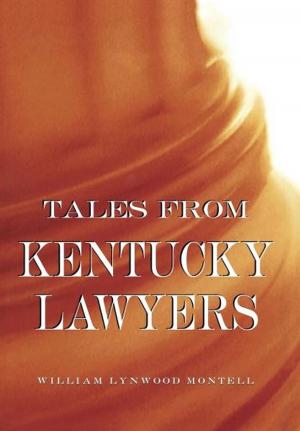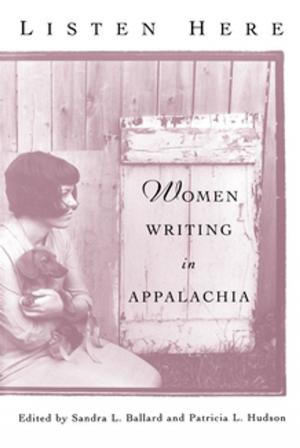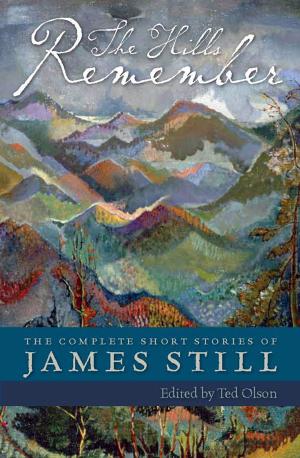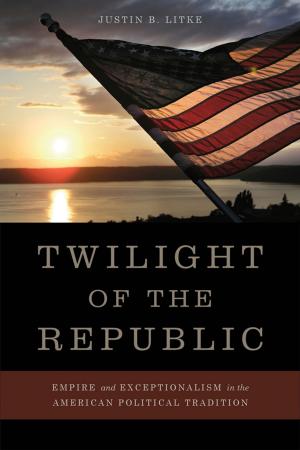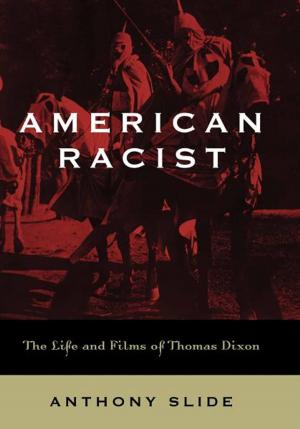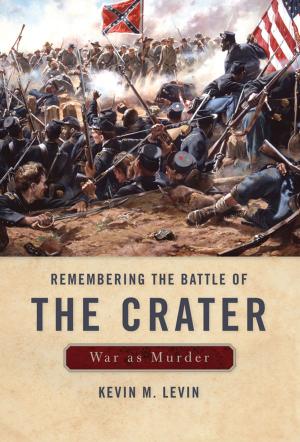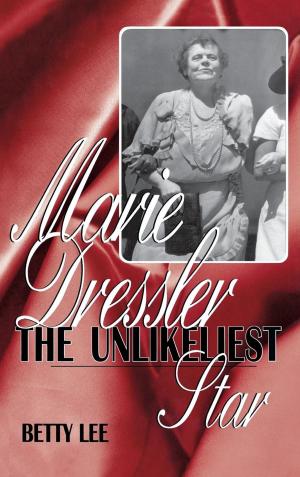The Chicago Freedom Movement
Martin Luther King Jr. and Civil Rights Activism in the North
Nonfiction, Social & Cultural Studies, Political Science, Politics, Civil Rights, Social Science, Cultural Studies, African-American Studies, History, Americas, United States, 20th Century| Author: | Mary Lou Finley, Bernard LaFayette Jr., James R. Ralph Jr., Pam Smith, Christopher Robert Reed, Leonard Rubinowitz, Brian White, Gail Schechter, Herman Jenkins, Kimberlie Jackson, Jesse Jackson Sr., Al Sharpton, Don Rose, Sherrilynn J. Bevel, Jimmy Collier, Gene Barge, Allegra Malone, Molly Martindale, Hal Baron, Melody Heaps, Gilbert Cornfield, Norman Hill, Jonathan Lewis | ISBN: | 9780813166513 |
| Publisher: | The University Press of Kentucky | Publication: | March 23, 2016 |
| Imprint: | The University Press of Kentucky | Language: | English |
| Author: | Mary Lou Finley, Bernard LaFayette Jr., James R. Ralph Jr., Pam Smith, Christopher Robert Reed, Leonard Rubinowitz, Brian White, Gail Schechter, Herman Jenkins, Kimberlie Jackson, Jesse Jackson Sr., Al Sharpton, Don Rose, Sherrilynn J. Bevel, Jimmy Collier, Gene Barge, Allegra Malone, Molly Martindale, Hal Baron, Melody Heaps, Gilbert Cornfield, Norman Hill, Jonathan Lewis |
| ISBN: | 9780813166513 |
| Publisher: | The University Press of Kentucky |
| Publication: | March 23, 2016 |
| Imprint: | The University Press of Kentucky |
| Language: | English |
Six months after the Selma to Montgomery marches and just weeks after the passage of the Voting Rights Act of 1965, a group from Martin Luther King Jr.'s staff arrived in Chicago, eager to apply his nonviolent approach to social change in a northern city. Once there, King's Southern Christian Leadership Conference (SCLC) joined the locally based Coordinating Council of Community Organizations (CCCO) to form the Chicago Freedom Movement. The open housing demonstrations they organized eventually resulted in a controversial agreement with Mayor Richard J. Daley and other city leaders, the fallout of which has historically led some to conclude that the movement was largely ineffective.
In this important volume, an eminent team of scholars and activists offer an alternative assessment of the Chicago Freedom Movement's impact on race relations and social justice, both in the city and across the nation. Building upon recent works, the contributors reexamine the movement and illuminate its lasting contributions in order to challenge conventional perceptions that have underestimated its impressive legacy.
Six months after the Selma to Montgomery marches and just weeks after the passage of the Voting Rights Act of 1965, a group from Martin Luther King Jr.'s staff arrived in Chicago, eager to apply his nonviolent approach to social change in a northern city. Once there, King's Southern Christian Leadership Conference (SCLC) joined the locally based Coordinating Council of Community Organizations (CCCO) to form the Chicago Freedom Movement. The open housing demonstrations they organized eventually resulted in a controversial agreement with Mayor Richard J. Daley and other city leaders, the fallout of which has historically led some to conclude that the movement was largely ineffective.
In this important volume, an eminent team of scholars and activists offer an alternative assessment of the Chicago Freedom Movement's impact on race relations and social justice, both in the city and across the nation. Building upon recent works, the contributors reexamine the movement and illuminate its lasting contributions in order to challenge conventional perceptions that have underestimated its impressive legacy.





